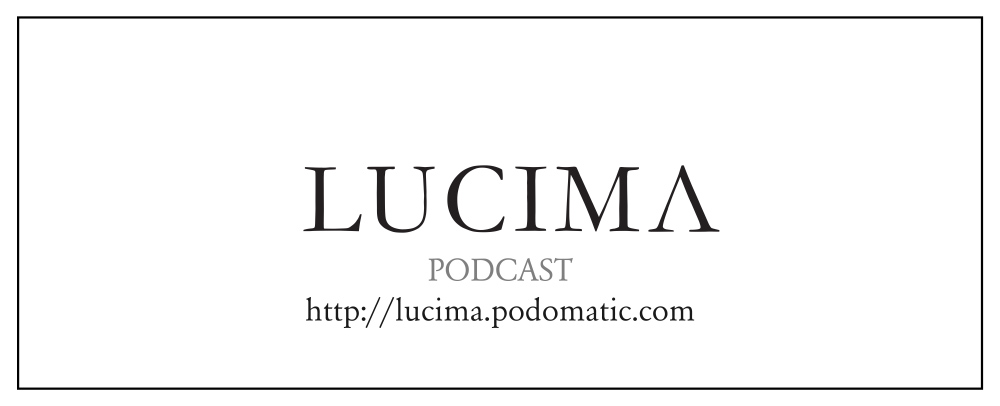Let me preface this by saying that you can be a great photographer without retouching and that you can be a great retoucher without shooting the original frame.
Let me also preface this by saying that what I am about to say is specific to the type of photography I shoot (specifically portraiture and people) and may not translate to other types of photography.
Now, let's get down to business.
Shooting without retouching is like cooking without tasting the food you make. You simply can not appreciate the quality of the food without tasting it and you will not learn how to improve upon what you've done without spending adequate time analyzing and manipulating the image. Retouching is the feedback after the initial point-of-capture beyond a quick glance, allowing you to figure out how you could have made the image better.
Sure you may argue that photographers "taste their own medicine" by looking at their pictures on their computer. But no one stares at a picture for hours... unless they are retouching. And during the course of retouching, you're going to find things that you're not going to find during the initial look over. There have been instances where I spotted a leg of a lightstand sticking into the frame literally moments before finishing a retouch. Imagine all the other things that I catch throughout a retouch or conversely, miss during a quick glance. Retouching begs the question, "how can I make this image better?" and in attempting to resolve the "issues", you inevitably make mental notes for future captures. Hopefully the mistakes of the past are not repeated in the future.
Another benefit of retouching is that you specifically learn how to manipulate light on the human face. Specifically retouching has taught me where the shadows and highlights are "supposed to be". When I first started shooting, I didn't know how light "interacted" with the features on a human face. It wasn't until I had hundreds of hours of dodging and burning under my belt that I knew where the shadows (and highlights) were "supposed to be". Understanding this allowed me to fine-tune my lighting at the point-of-capture so that I could create certain effects in my images. For example, sometimes I want very significant highlights in the subject's skin and therefore have to use harder lighting to create specular highlights in the face. Or sometimes I want to mask the eyes under the shadow of the eyebrows and therefore have to raise the angle of the light higher so create this specific effect. Playing with the shadows and highlights in Photoshop is what allows me to better understand how to light.
But there's one more reason why you should retouch. The world of Photoshop is filled with a myriad of visual effects; some that you can recreate at the point-of-capture and some that are impossible to create with photography and lighting alone. These different effects can serve to push you in exploring the "possibilities" of photography; because by asking yourself "what is possible?" or "is this possible", you might just jump to the next level in your photographic pursuits. Yes, Photoshop can be used to push your ability to think creatively and critically about photography and lighting.
Thus the art of photography and retouching are symbiotic. They revolve around one another and each can further the growth of the other. Together they are synergistic. Together, they just might be greater than the sum of the parts.
Or maybe I don't know what I'm talking about? :)

i don't remember Charles if you were old school at one time... you know, did the film thing/dark room thing/dodging-burning with developer and pieces of cardboard thing.
ReplyDeletedude, there is no debate. nothing has changed. only the tools of the trade, and their availability has changed - they are now with the people!:
http://blog.chasejarvis.com/blog/2009/11/purists-beware.html
keep doing your thang!